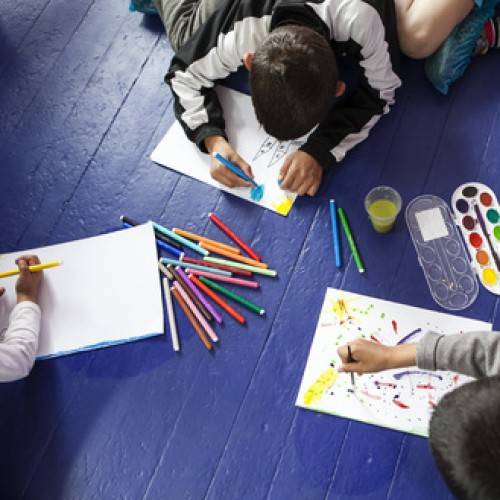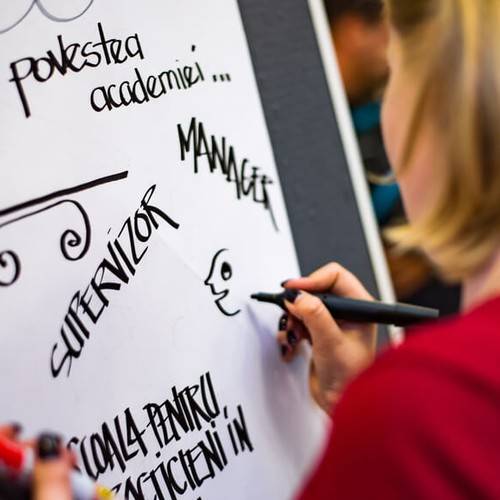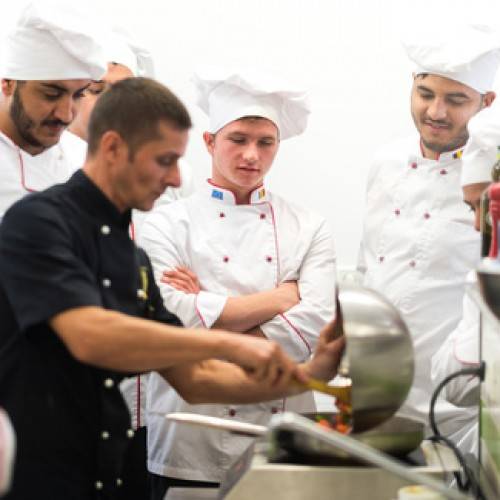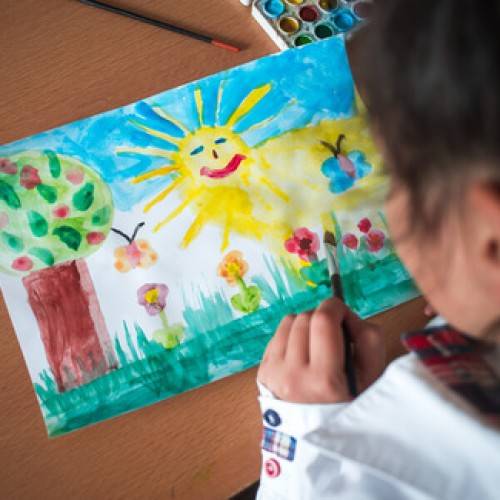International day of education
24th of January is dedicated to education for everyone.
Worldwide, there are still 244 million children and youth out of school, and 771 million adults are illiterate (UNESCO). Their right to education is being violated and it is unacceptable. We agree with the UN General Assembly and take today`s international day of education to remember: It's time to transform education.
What are the educational opportunities in CONCORDIA project countries?
Bulgaria has the highest rate of child poverty in the European Union, with more than half of children living in or at risk of poverty. Besides child discrimination, lack of education is one of the leading factors which contribute to child poverty in the country. Even though the Bulgarian government mandates provision of cost-free pre-primary education, many areas do not have the resources to provide this free of charge.
Kosovo and the Republic of Moldova remain the two poorest countries in Europe with an estimated poverty rate above 26% 4. As a result, children’s access to health, education and other social services remains limited, especially for the most disadvantaged. In Kosovo, children from Roma, Ashkali and Egyptian communities are particularly underserved, as are those who live in rural areas. Behind this, structural disadvantage and marginalisation is a problem. Girls are especially at risk of having no access to education as they are forced into child marriages.
In Romania we are talking about one in eleven children going to bed hungry and 18% of children drop out of school. In families with parents who have received only lower secondary education or less, the at-risk- of- poverty rate for children aged 0-17 is 75,1% (Eurostat data Romania.
Unfortunately, also in Austria: A child whose parents have little money, education and/or a mother tongue other than German therefore has fewer opportunities. It faces a great challenge if he wants to follow a successful educational path. Its potential plays a subordinate role.
![[Translate to English:] Concordia Sozialprojekte - Kind sitzt in Schulbank](https://www.concordia-sozialprojekte.ch/fileadmin/_processed_/2/a/csm_Bildung-web_b879c9b18c.jpg)
What CONCORDIA contributes to children's education
In our programmes, we work to ensure that all children have equal access to and equal participation in quality education.
- We work holistically and promote lifelong learning.
- We are there to help where schools are stuck or failing. Our day centres are not only about educational success, but also about health (mental/physical), poverty alleviation (social counselling and coaching for parents) and much more. We support children in catching up and repeating the material so that they do not lose touch.
- We see children and their individual needs at the centre of education and the responsibility for adaptation lies with the education system and not with the individual child.
- We actively work to ensure that children are equipped not only with knowledge, skills and values, but also with an enthusiasm for learning.


![[Translate to English:] Familie Nazari - Concordia Sozialprojekte](https://www.concordia-sozialprojekte.ch/fileadmin/_processed_/c/7/csm_FamilieNazari2_b6428d8e1b.jpg)

![[Translate to English:] [Translate to English:]](https://www.concordia-sozialprojekte.ch/fileadmin/_processed_/f/1/csm_RU-Grundschule-c-BenjaminKaufmann-2_6301400bbf.jpg)


